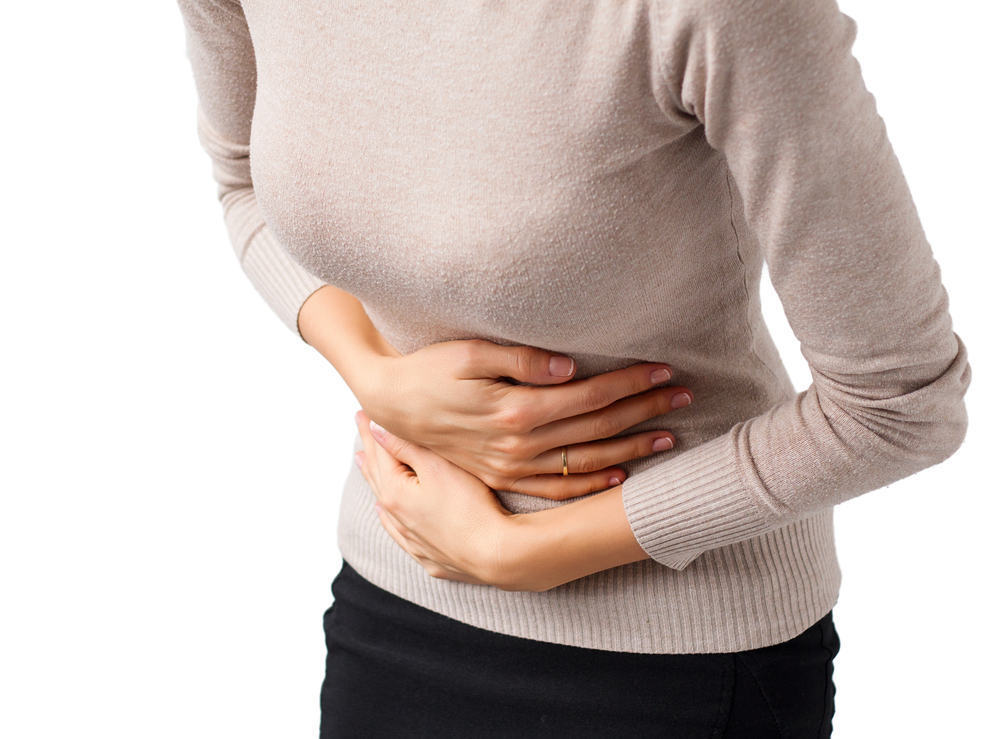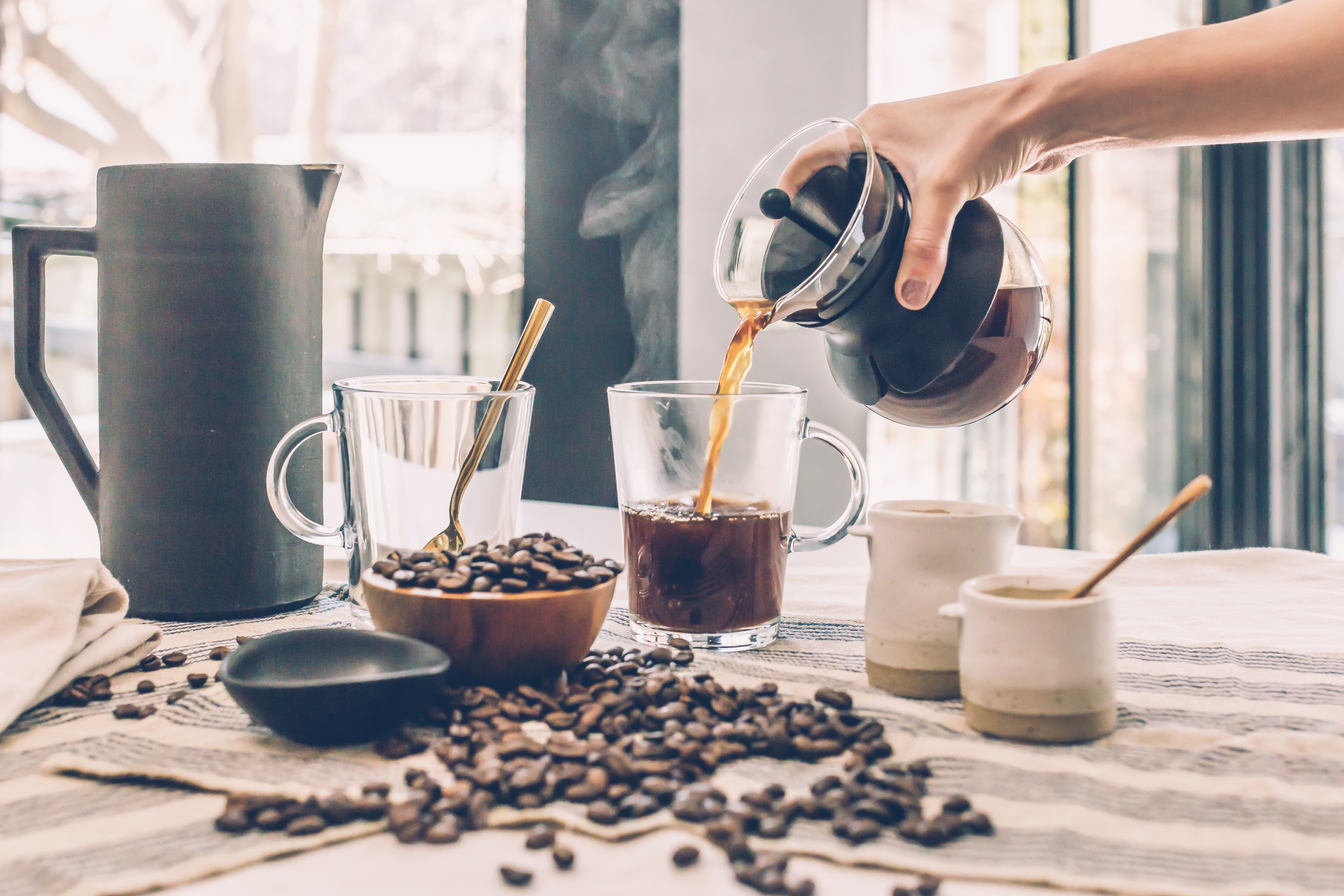Contents:
- Medical Video: Irritable Bowel Syndrome | IBS | Nucleus Health
- What is inflammation of the intestine?
- How should I change my diet habits if I have inflammatory bowel disease?
Medical Video: Irritable Bowel Syndrome | IBS | Nucleus Health
Gastric disease cannot be separated from the list of foods and activities that you need to avoid so as not to make the condition worse. This is especially true for people with colitis. Food and nutrition menus are often a special concern for people with this condition.
What is inflammation of the intestine?
Inflammation of the intestine is a condition that causes inflammation and sores in the intestine. Although inflammatory bowel disease can occur at any age, people with intestinal inflammation are often diagnosed before 30 years of age and are more common in men than women.
Two common types of inflammatory bowel disease are Crohn's disease and ulcerative colitis.
- Crohn's disease usually affects the end of the small intestine and large intestine, although it can also affect every part of the intestine. This inflammation can make a hole in the intestinal wall. Crohn's disease causes diarrhea, stricture (narrowing), fistulas (abnormal openings), and malnutrition. Crohn's disease has a high chance of relapse despite surgery.
- Ulcerative colitis often affects the large intestine, causing bloody diarrhea. This inflammation does not occur in the intestinal wall, so it can be cured by surgery.
Although a diet cannot cure inflammatory bowel disease, diet can help control symptoms. Eating the right foods can prevent ulceration and reduce inflammation. Doctors often recommend a meal menu with medicines to control this condition.
How should I change my diet habits if I have inflammatory bowel disease?
Here are the things you need to avoid:
- Food triggers and food allergies: People with colitis often have food that triggers inflammation of the intestine, which is food that can make their symptoms worse. They may also have allergic foods, namely foods that cause an immune reaction. You should avoid these foods if you have intestinal inflammation.
- Fruits and vegetables (especially skinned fruit): Fruits and vegetables have high fiber content. Your stomach can't digest fiber and eating high-fiber foods can make symptoms worse. You can make fruits and vegetables easier to eat by steaming, baking, or boiling.
- Fiber. Generally, vegetables have a higher fiber content such as broccoli, cauliflower, nuts, seeds, corn, and popcorn. You may be told to limit fiber or go on a low-residue diet if you experience narrowing of the intestines (strictures).
- Peanuts, prunes and popcorn: Nuts, beans and seeds are full of nutrients. However, they are high in fat and protein, which is bad for your digestive problems. Plus the food is hard, hard to digest so it can irritate your stomach.
- High-fat food: Fatty foods, such as butter, margarine, cream sauce, and fried foods can cause diarrhea. Especially if you have Crohn's disease, you cannot digest normal fat.
- Caffeine and alcohol: Alcohol and caffeinated beverages aggravate diarrhea, while soft drinks often produce gas. Try to drink plenty of fluids every day. Water is the best choice.
- Spicy food: Spicy foods can make signs and symptoms worse.
- Dairy products: For people with lactose intolerance, milk is not an option. However, people with colitis also report milk products cause diarrhea, stomach ache, and gas.
- Large meal portions: You might find it better to eat five or six small servings a day than two or three larger portions.
Your eating menu has a big impact on the symptoms of inflammatory bowel disease. Even though changing your diet doesn't cure it, it can help you manage symptoms and prevent the condition from worsening. When you remove a food from your diet, remember to provide the same nutrients from other food sources or supplements.
READ ALSO:
- List of Foods that Must Be Limited by Patients with Kidney Pain
- List of Foods that Stimulate Wind Disposal
- 8 "Healthy" Foods That Should Be Avoided












